Taiwan’s Strategic Importance
As China continues to expand its military, particularly their naval armada, the prospect of an invasion of Taiwan has been growing more than ever, thereby prompting Japan to finally take countermeasures.
While the recent developments surrounding Taiwan is certainly alarming, it is worth noting that China has always been vocal about its intention to bring the “renegade province” back under control and achieve reunification.
Similarly, Beijing has openly stated, at least since the 1990s, that it would resort to military force if Taiwan showed any sign of formal independence.
Nonetheless, such intimidation was somewhat unrealistic as China lack the actual capability to carry out a full-scale invasion while repelling US intervention, at least until now.
China’s rapid economic growth has allowed it to modernize their military to an unprecedented scale, thereby elevating their capability to a point where invasion is no longer a fantasy.
While the feasibility of a successful invasion remains uncertain, China is undoubtedly preparing for such scenario at a steady pace.
In light of such situation, Tokyo is preparing to get involved, but why does Taiwan matter to Japan in the first place?
Although Japan and Taiwan do not have formal diplomatic ties, Taiwan is a friendly neighbor and a vital partner which is situated right along Japan’s crucial sea lane.
Should Taiwan fall under Chinese control, Japan’s shipping lane would be within Beijing’s direct military influence, threatening every aspect of economic lifeline.
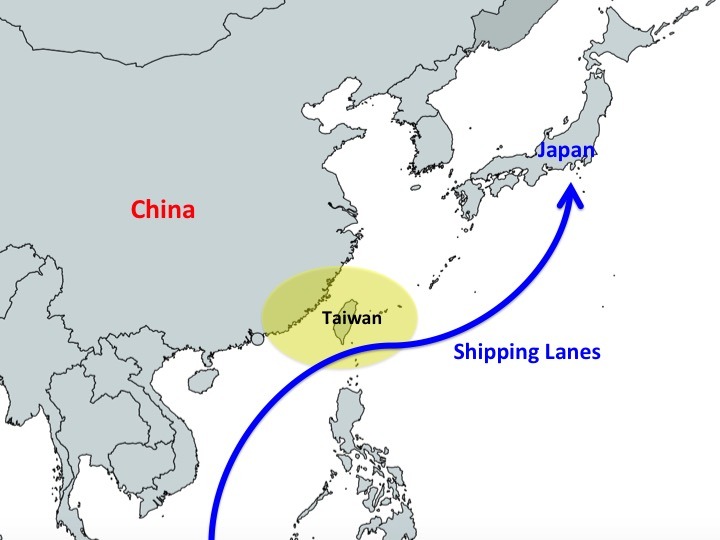
Taiwan’s location also has broader geopolitical implications – control of the island would turn the South China Sea and Western Pacific into Beijing’s playground, thereby increasing the threat to Okinawa and the Ogasawara Islands.
Although such a scenario might not be an immediate or direct peril, the constant threat to vital shipping lanes poses a critical challenge to national security.
The bitter lessons from World War II underline the importance of protecting maritime trade routes, and a Chinese-controlled Taiwan would put Japan in a precarious position, ultimately allowing Beijing to alter Tokyo’s economic survival.
Too Close To Stay Out
Moreover, Taiwan is just 111km or 69 miles from Yonaguni Island which is Japan’s westernmost territory. With such proximity, it almost impossible for Okinawa Prefecture to remain unscathed during an invasion of Taiwan.
No matter what Tokyo’s reaction or official stance may be, Chinese forces would likely operate near Japanese islands, making Okinawa a de-facto combat zone.
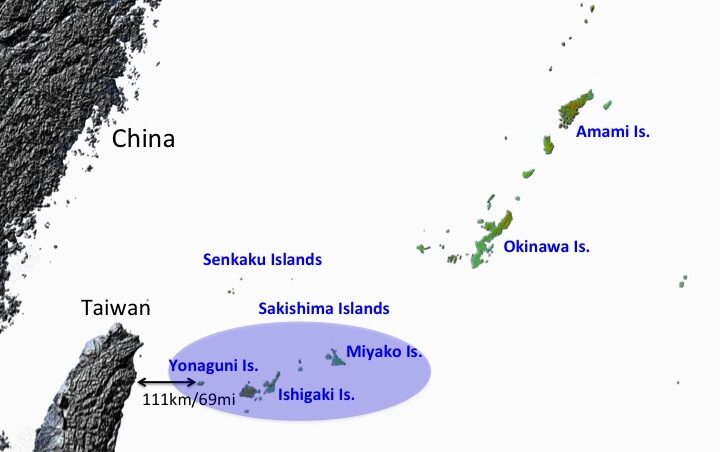
Worse case scenarios indicate Chinese forces targeting Japanese airports and port facilities to support its military operations. Considering the military value and geographic proximity of such facilities, it is likely that China might “temporarily” occupy them to facilitate a smooth invasion of Taiwan.
Obviously, such move would directly invite Japan into the conflict, but whether China can resist the temptation of using nearby islands as strategic bases is yet to be seen.
Taking these matters into account, a Chinese invasion of Taiwan would not be a distant issue, but an immediate threat linked to Japan’s national security.
Protecting Order and Values
So, what would Japan do in the wake of such nightmare scenario?
Some critics, both domestic and abroad, have advocated for neutrality or even worse, aligning with China.
Opting to align with China and abandoning ties with the US is theoretically an option, but doing so would merely replace Japan’s potential adversary with another.
By spontaneously succumbing to China’s sphere of influence, Japan would next find itself confronting the US as a Chinese ally (or satellite state), which is a much more precarious position than now.
Remaining neutral would be equally untenable, as Japan would likely face resentment of hostility from both China and the US.
Given the fact that Japan is a democratic nation long-embedded within the “Western” bloc, it is only natural to align with its ally the US to protect the existing international order.
Japan and China barely shares any fundamental values, whereas the US is ideologically closer despite being totally different cultural and ethnic wise.
For Japan, values of democracy, human rights, and freedom matters.
And aligning with China or staying neutral would only negate what Japan currently stands for or has long benefitted from.
As a beneficiary of the international order, Japan also has a responsibility to oppose any military challenges to the status quo.
Just like supporting Ukraine matters to Japan, standing firm on the Taiwan issue is also part of a much broader principle – If Japan abandons such commitment, who would come to its aid in times of need?
Japan As A Vital Supporting-Base
With neutrality and pro-China out of the picture, supporting Taiwan seems to be the obvious course of action.
Then, what would Tokyo actually do?
First, Japan is expected to function as a staging area and logistics base for US forces intervening in the Taiwan crisis.
As long as US intervention is guaranteed, the majority of US forces would deploy from the bases in Japan. Under the security treaty between the two nations, Japan provides military bases to support regional peace and stability, including in the broader Far East area where Taiwan falls within.
The US will launch air and naval operations from these bases to disrupt Chinese invasion forces, striking naval and ground units while undermining their logistical capabilities.
According to a scenario report issued by the CSIS (Center for Strategic and International Studies), heavy bombers from Alaska would also conduct long-range precision strikes, while the Marine Corps, under its EABO (Expeditionary Advanced Base Operations) doctrine, deploy to along the island chain to deprive China of freedom of action.
For such strategy to succeed, Japan’s cooperation is undoubtedly necessary, which is why the same report concluded Tokyo’s stance as critical to the defense of Taiwan.
In other words, the fate of Taiwan hinges on Japan’s role as a staging and support base.
Of course, China also acknowledges this fact and would try to intimidate Japan in staying out of the conflict. To sway public opinion and force Tokyo to cave in, China would likely wage psychological warfare, including limited missile strikes to instill fear and agitate anti-war sentiment.
Regardless of Chinese intentions, Japan is inevitably a vital logistics hub, providing rear support to US forces, as we have seen during the Korean War in 1950.
Japan’s future role would likely go at least one step further, with the Self-Defense Forces expected to conduct replenishing and transport missions in combat zones.
Given the proximity of Okinawa, Japan would bear the role of escort, surveillance, anti-submarine patrols, and air defense. Depending on the situation, joint operations between Japan and the US would be inevitable, thereby seeing the Self-Defense Force directly engage the Chinese military.
Overall, Japan’s position is similar to that of Ukraine’s western region during the Russo-Ukrainian War. Being somewhat distant from the frontline and serving as a critical logistics hub, but not immune from missile strikes and other attacks.
Thus, Japan and its cooperation is indispensable to the US-led defense strategy of Taiwan.
Failure to provide support would likely result in the fall of Taiwan, a scenario that would have devastating consequences for Japan’s security and economic stability in the long run.
Surely, Japan’s role as a staging ground and logistical hub would expose it to significant risks, but neutrality or inaction would only lead to a much harsher post-conflict reality.
For these reasons, Japan WILL be involved in Taiwan’s defense, albeit the depth and scope of its involvement depends on the actual scenario on the ground.


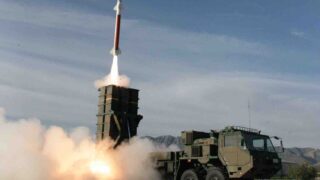

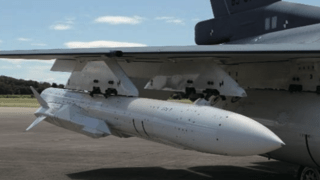
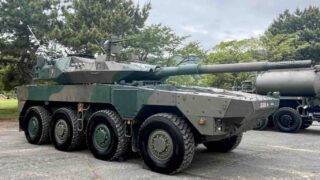

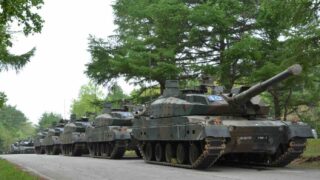
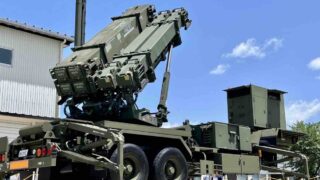
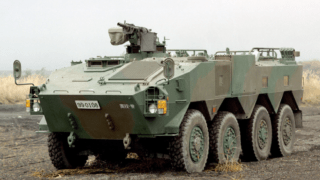

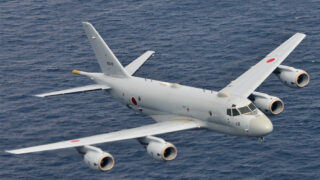
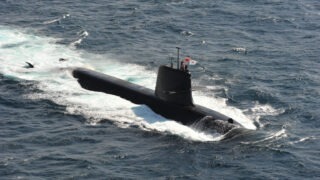

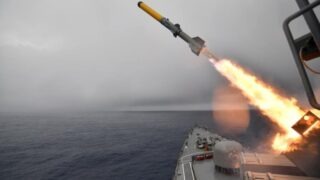
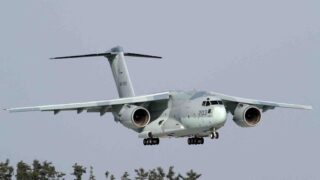

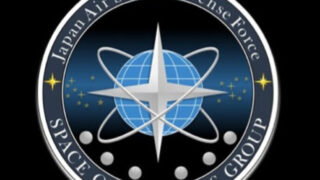
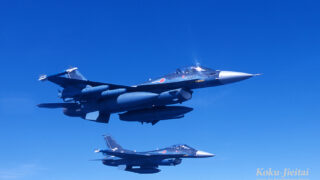

Comments